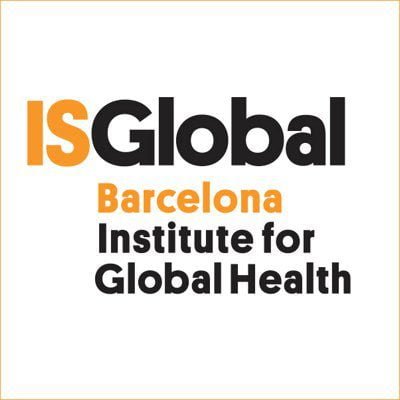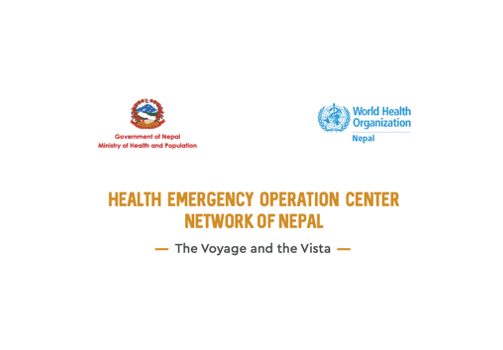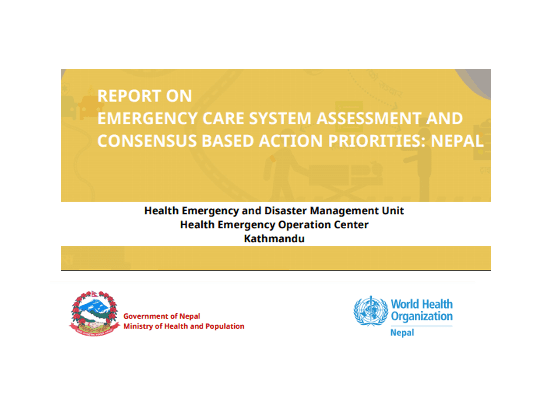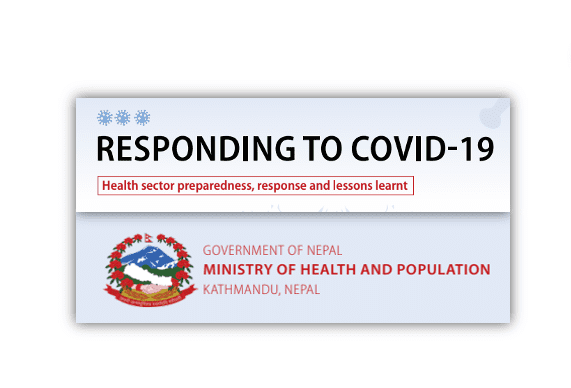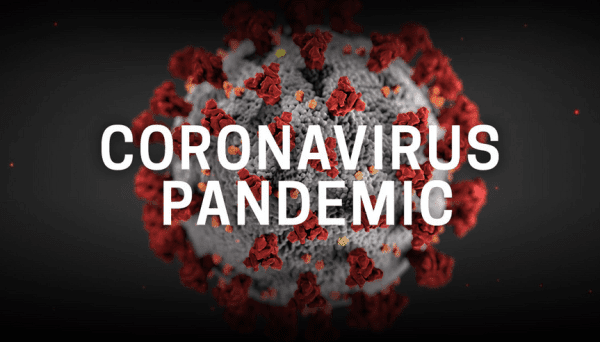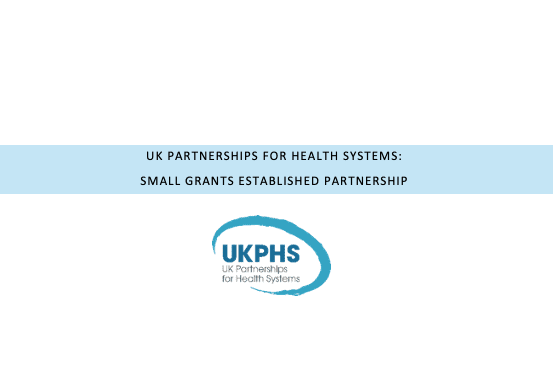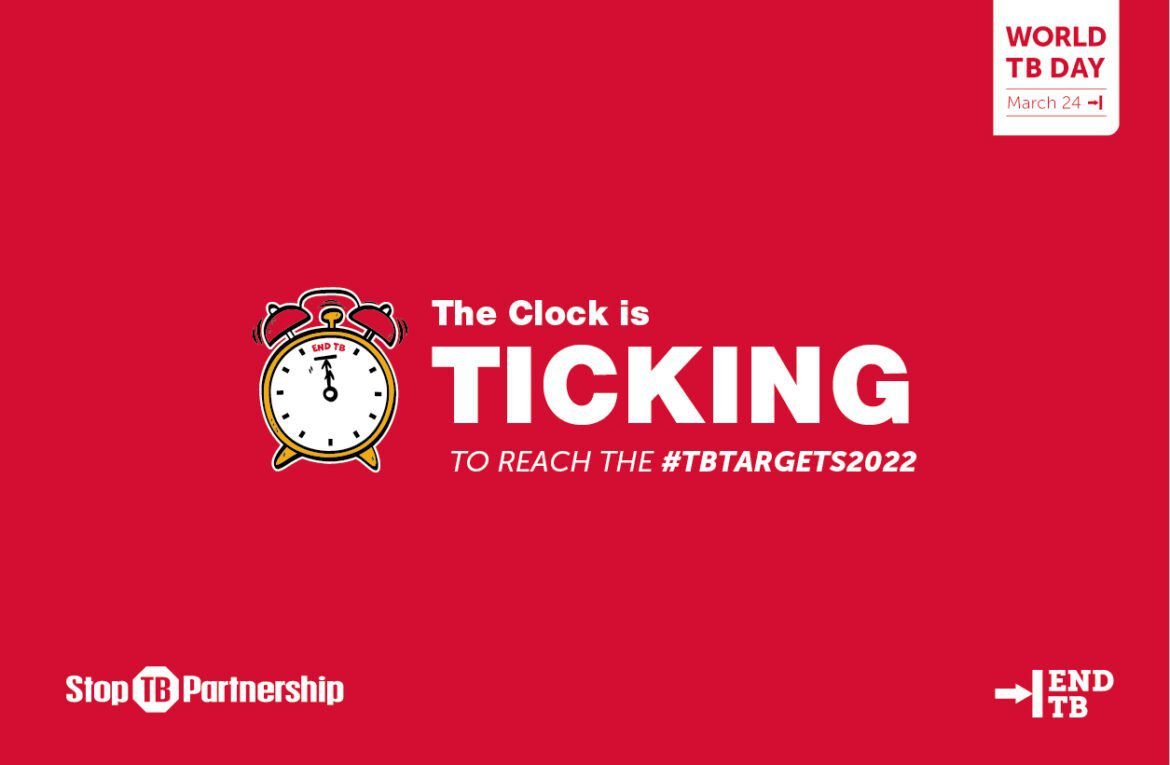The Barcelona Institute for Global Health (ISGlobal) is a cutting-edge institute addressing global public health challenges through research, translation to policy and education, with a commitment to improve global health and promote health equity.
ISGlobal is the first global public health centre to have received the Severo Ochoa distinction, a seal of excellence of the Spanish Science Ministry.
ISGlobal works toward the promotion of integrative interdisciplinary science and its translation into significant impact. ISGlobal has a broad portfolio in communicable and non-communicable diseases including environmental and climate determinants, and applies a multidisciplinary scientific approach ranging from the molecular to the population level. Research is organized in three main areas: Malaria and other Infectious Diseases; Maternal and Child Health; Urban Health, Climate and Non-Communicable Diseases.
The ISGlobal PhD Programme brings together doctoral candidates from different health fields, and universities, to enjoy the added benefits of developing transdisciplinary research at our Institute.
Thanks to the Severo Ochoa Centre of Excellence Accreditation, in this call we offer up to 8 fellowships for national and international PhD students , who wish to undertake rigorous research training and complete a research project in the field of global health and population studies to make new contributions to the existing knowledge base.
Apply now to kick-start your scientific career at ISGlobal!
Select the research proposal/s of your interest from the list of research proposals provided at the end of this call, section “PhD Research Proposals” ( a maximum of 2 proposals can be selected).
Given the interdisciplinarity of the PhD Research Proposals, each PhD student will be jointly supervised by 2 PIs (a Supervisor and a Co-Supervisor).
Eligibility Criteria*
- Candidates can be of any nationality.
- Candidates must have obtained a University Degree and a Master’s Degree in biomedicine, epidemiology, computer sciences, environmental sciences, biostatistics, or a related discipline within the European Higher Education Area (minimum 300 ECTS, of which at least 60 are at master’s level), or an equivalent University Degree that allows to start a PhD thesis in Spain by the fellowship starting date (please note that each candidate will be assessed for eligibility on individual basis by the corresponding PhD programme following University admission criteria).
- Candidates must demonstrate academic excellence and a commitment to pursuing a scientific research career with an interest in global health and population studies.
- Candidates must have good command of English.
- Candidates already holding a PhD are not eligible.
- Candidates beneficiary of a PhD Fellowship by the Spanish Government are not eligible.
- Candidates must not have held a PhD contract exceeding twelve months by the fellowship starting date.
* Please note these criteria might slightly change since they are subject to the Ayudas para contratos predoctorales para la formación de doctores 2021 call from the Spanish Ministry of Science and Innovation.
How to Apply
Applicants must fill in the request form and attach the following documents:
- Curriculum vitae in English
- Motivation letter in English (1-page MAX, A4, Arial, size 11, single space), mentioning the number of the selected research proposal (a minimum of 1 and a maximum of 2 proposals can be selected – if 2 proposals are selected, please list them in order of preference) , and the justification for its selection
- A scan of the student’s academic transcripts (degree and masters), showing grades obtained. If the academic transcripts are not in Catalan, Spanish or English, applicants should also attach a translation in one of the above-mentioned languages.
Please note that all documents must be in pdf format and each submitted document must be named as: CandidateSurname_CandidateName_filetype (e.g. Smith_John_cv, Smith_John_letter). Candidates must ensure that all required information is submitted before the application deadline of 30 Apr 2021. Incomplete proposals will not be considered.
Number of offered PhD fellowships: 8
Key Dates
Call opening: 30 March 2021
Call deadline: 30 April 2021
Notification to candidates: 31 May – 15 June 2021
Contact
For any additional information, please contact research.management@isglobal.org .
Do you have a website? Looking for the best hosting provider? Here’s a discount code.
Latest Public Health Jobs
Latest Posts
- Call for Application for a PhD Fellowship (NHEA/ University of Bergen)
- Nepal Multiple Indicator Cluster Survey 2024-25
- Multisectoral Action Plan for the Prevention and Control of NCDs, 2026-2030 (Draft)
- National Standard Operating Procedure for Early Warning, Alert and Response System (EWARS), 2025
- Priority Infectious Diseases for Community-Based Surveillance in Nepal
Thanks for visiting us.
Disclaimer: The resources, documents, guidelines, and information on this blog have been collected from various sources and are intended for informational purposes only. Information published on or through this website and affiliated social media channels does not represent the intention, plan, or strategies of an organization that the initiator is associated with in a professional or personal capacity, unless explicitly indicated.
If you have any complaints, information, or suggestions about the content published on Public Health Update, please feel free to contact us at blog.publichealthupdate@gmail.com.
#StayUpdated


